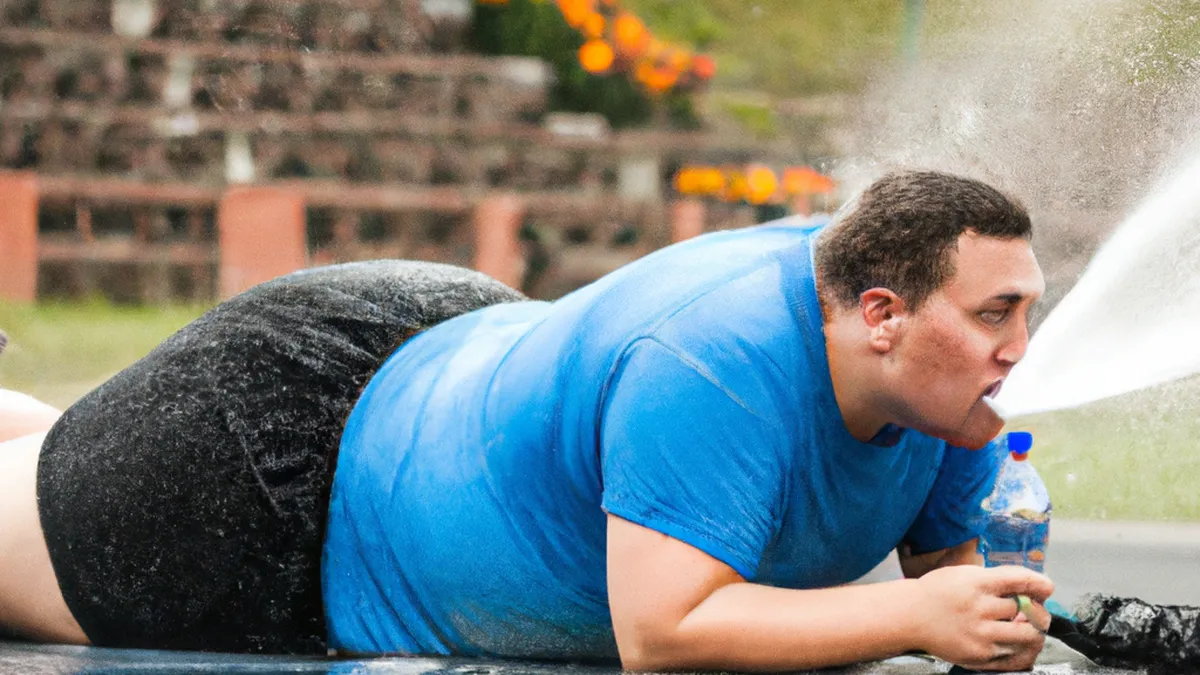Sizzle-Proof Your Recovery Gear
Active Recovery Strategies in HeatAs temperatures rise, staying active can become difficult. Active recovery strategies can help you maintain fitness and avoid heat-related issues. This blog post explores effective methods for recovery in hot conditions. It emphasizes hydration, appropriate activities, timing, and safety tips.
Understanding Active Recovery
Active recovery involves low-intensity exercise after strenuous activity. This approach differs from passive recovery, which involves complete rest. Active recovery promotes blood flow, reduces muscle soreness, and enhances flexibility. In hot weather, active recovery helps cool your body while keeping you active. This prevents stagnation that often occurs with passive recovery.
The Role of Hydration
Hydration plays a crucial role in active recovery, especially in heat. When you exercise, your body loses water through sweat. Replenishing lost fluids becomes essential. Dehydration can reduce performance, increase fatigue, and cause heat-related illnesses. Drink plenty of fluids before, during, and after workouts.Water is important, but electrolytes matter too. Consider using sports drinks or electrolyte supplements for long or intense sessions. These beverages restore vital minerals lost through sweat, such as sodium, potassium, and magnesium, necessary for muscle function and hydration.
Choosing the Right Activities
Choose suitable activities for hot weather. Select low-impact exercises that aid recovery. Walking, swimming, or leisurely cycling are excellent options. These activities keep your body moving without overexerting it. Swimming helps regulate body temperature while providing gentle resistance.Incorporate flexibility and mobility exercises like yoga or Pilates. These activities promote relaxation, improve range of motion, and alleviate muscle tension from intense workouts.
Timing Matters
Timing your recovery activities is crucial in hot weather. After intense workouts, cool down gradually. Spend 5 to 10 minutes on light exercises, such as walking or gentle cycling, to lower your heart rate. This cool-down period aids recovery and prevents blood pooling in extremities, which can cause dizziness.Schedule workouts during cooler parts of the day. Temperatures peak in the afternoon, so early morning or late evening sessions help avoid intense heat. If you must exercise during the day, find shaded areas or indoor facilities to reduce heat exposure.
Practical Tips for Active Recovery in Heat
As an Amazon Associate I earn from qualifying purchases.
Gear tip: consider soft flask, hydration tablets, and electrolyte mix to support this topic.
Maximize recovery efforts by following these practical tips:1. **Listen to Your Body**: Pay attention to how you feel.
Conclusion
In summary, active recovery strategies can enhance fitness and safety in hot conditions. Prioritize hydration, choose appropriate activities, and time your workouts wisely.
Below are related products based on this post:
FAQ
What is active recovery?
Active recovery involves engaging in low-intensity exercise following strenuous activity. Unlike passive recovery, which requires complete rest, active recovery promotes blood flow, reduces muscle soreness, and enhances flexibility, especially in hot weather.
Why is hydration important during active recovery in heat?
Hydration is crucial because your body loses water through sweat during exercise. Replenishing lost fluids helps prevent dehydration, which can lead to reduced performance and heat-related illnesses. It is essential to drink plenty of fluids before, during, and after workouts.
What are some suitable activities for hot weather recovery?
In hot weather, it’s best to choose low-impact activities like walking, swimming, or leisurely cycling. These exercises keep you moving without overexerting yourself, while swimming also helps regulate body temperature. Additionally, flexibility exercises like yoga can aid in relaxation and recovery.















Post Comment